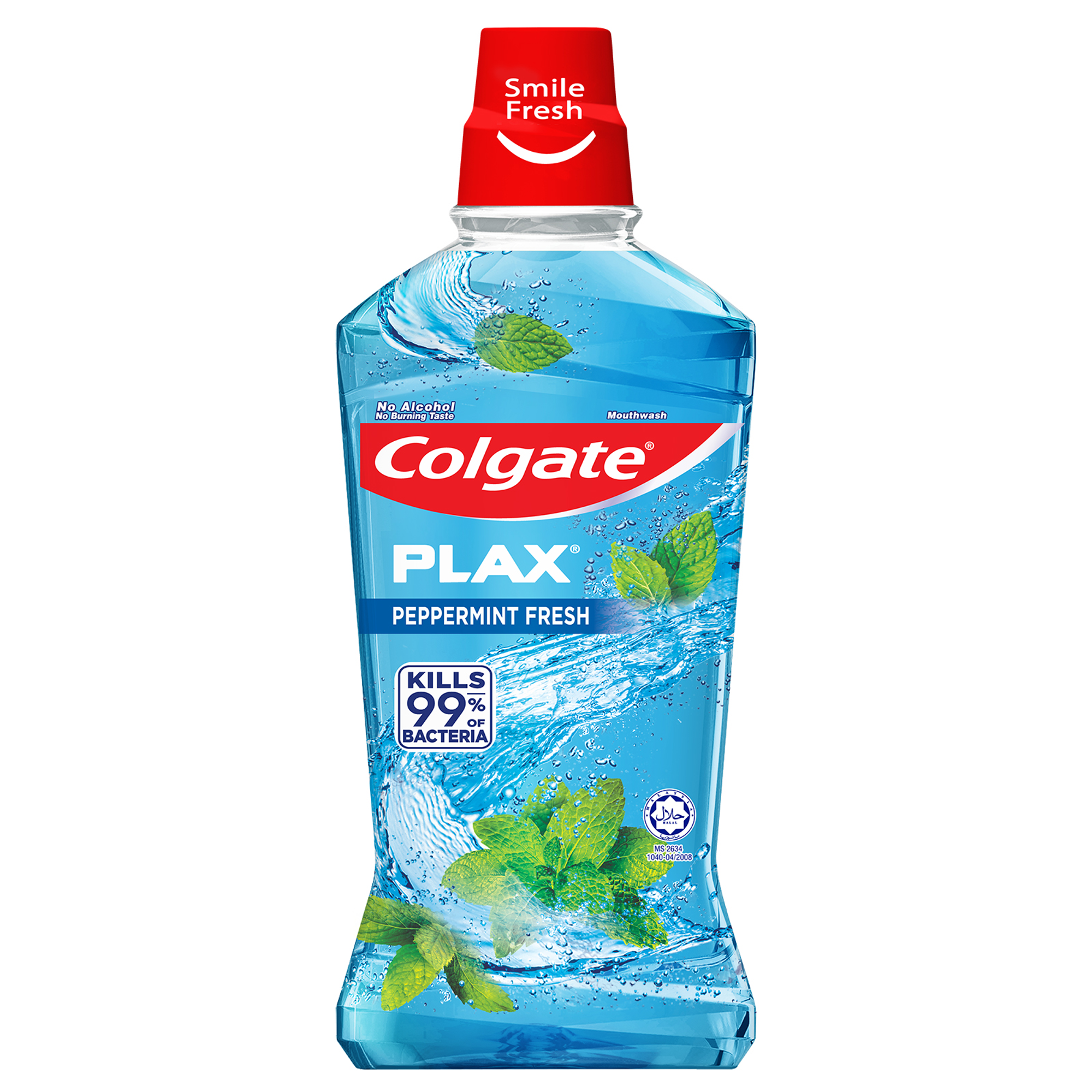- Oral Health and Dental Care | Colgate®
- Oral Health
- Geographic Tongue: Causes, Symptoms and Care


Have you ever looked at your tongue in the mirror and thought you were looking at a road map of Florida? Or maybe on another day it looked more like Pennsylvania. You may have a condition called geographic tongue. Don't be alarmed, though. This benign condition is not a threat to your health.
Here are some interesting facts about this disorder (also referred to as migratory glossitis or wandering rash of the tongue) that you should know.
Geographic Tongue: Causes and Symptoms
The exact cause of migratory glossitis is not known, but according to the National Organization for Rare Diseases (NORD) , the map-like appearance of the tongue is the result of inflammation. Normally, the tongue is covered with a layer of tiny bumps called papillae, but if for some reason any of these finger-like projections are lost, those areas of the tongue will be smooth and red with slightly raised borders. These affected areas can change in size and location daily, making the tongue look different each time you look at it.
Although geographic tongue can persist for weeks, the good news is that in most cases there is no discomfort and no treatment is necessary. For many people, it goes away but may return in the future.
Do I Need to See a Doctor for Geographic Tongue?
The National Institutes of Health's Genetic and Rare Diseases Information Center says that about 5 percent of people with geographic tongue are bothered by pain or sensitivity, especially when eating spicy or acidic foods. If your tongue is painful, easily irritated by certain foods and drinks, or has become severely swollen (interfering with eating, speaking or swallowing) see your dentist for a diagnosis. Make an appointment with a dentist any time you have a lesion on your tongue that doesn't go away within 10 days, advises the Mayo Clinic , to rule out anything serious.
Taking Care of Your Geographic Tongue
In painful situations, your doctor or dentist may recommend using anti-inflammatory drugs to help alleviate discomfort. For milder burning or sensitivity issues, avoiding hot spicy foods and alcohol until the episode passes may be all that is needed, says the National Institutes of Health .
Fastidious oral hygiene is always recommended, but pay special attention to your oral health if you have geographic tongue. This means brushing your teeth and tongue twice a day. And don't forget to floss daily. You could also swish with a mouthwash, such as Colgate MouthWash Plax Fresh Tea , which provides 12-hour protection against germs and plaque.
Risk Factors of Geographic Tongue
NORD reports that migratory glossitis occurs in about 3 percent of the population, with females being more prone to it than males. It also affects younger adults more frequently. It seems to run in families, so there may be a genetic link. People with a fissured tongue, a condition where the tongue is deeply grooved and has a wrinkled appearance, may also have a higher risk of developing this migratory glossitis, as can those who have a vitamin B deficiency or have the inflammatory skin disease, psoriasis .
Even though there are certain disorders that often occur along with geographic tongue – hormonal disturbances, emotional stress, juvenile diabetes, allergies and Reiter's syndrome – there is no real proof that they play a role in causing it.
Geographic tongue cannot be prevented or cured. Always keep your mouth clean, stay away from irritating foods and appreciate how special you are to have such a unique but harmless condition that not many people have experienced!.

Helping dental professionals
More professionals across the world trust Colgate. Find resources, products, and information to give your patients a healthier future













